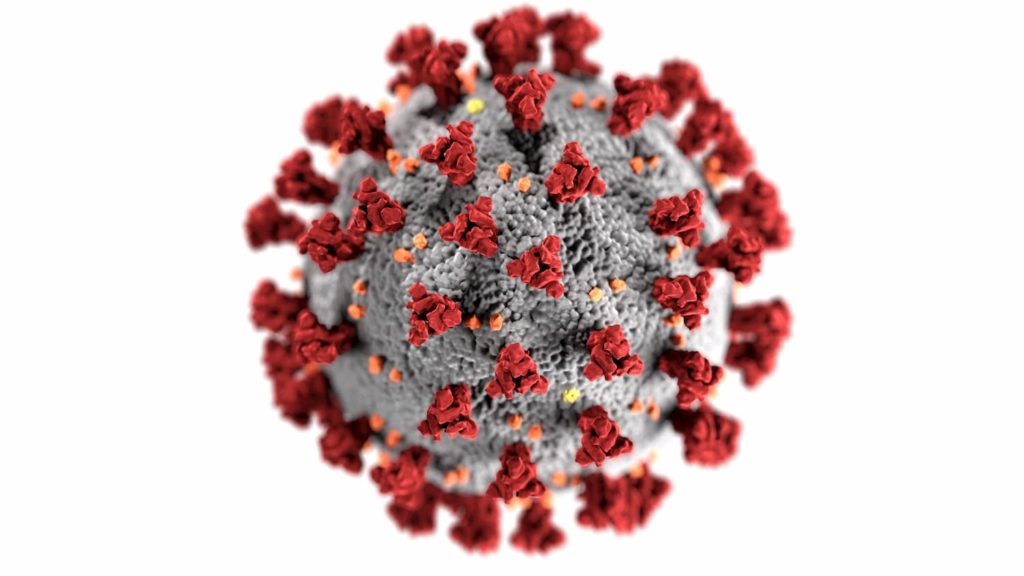As COVID-19 events continue to unfold, the latest government announcement called upon people to stay at home (23rd March 2020) unless absolutely necessary. Many families were already self-isolating if they had signs of the virus or were in the vulnerable group and now the rest of the UK will be following suit.
As COVID-19 is a new virus with no specific treatment, it is very difficult to control. Even if you’re following the NHS’ advice on what to do to avoid catching or spreading the virus as well as staying at home, it is still an unsettling and worrying time for everyone.
One area you can control is what you do stay clean, healthy and sane whilst at home.
What can you do at home to provide a healthy environment?
There are some official guidelines as to what you can do if staying at home. The NHS are stating the following on their stay-at-home advice page:
DO
- wash your hands with soap and water often – do this for at least 20 seconds
- use hand sanitiser gel if soap and water are not available
- wash your hands as soon as you get back home
- cover your mouth with a tissue or your sleeve (not your hands) when you cough or sneeze
- put used tissues in the bin immediately and wash your hands afterwards
Don’t
- do not touch your eyes, nose or mouth if your hands are not clean
Coronavirus health myths
If you have been reading about health tips to try at home such as consuming lots of garlic, sadly these are not accurate. There are a ton of health myths circulating the internet, as listed in this BBC article about fake health advice. One other myth claims that heat can kill the virus, by trying to heat your body or expose yourself to the sun – but is completely ineffective. One thing you can do however, is wash your bed linen and towels more frequently and at 60C it should kill any viruses in the fabric.
And another frequently asked question is:
Does hand sanitizer kill coronavirus?
Apparently not, as not all hand sanitisers are the same. Here’s an interesting article from The Conversation which talks about the different types of hand sanitizers. Ideally use an alcohol-based hand sanitiser with min. 60% alcohol. However, if your hands are really dirty or you’ve sneezed into them, it’s best to wash your hands using soap and warm (not cold!) water to effectively remove the microbes.
A lot of people are also researching hand sanitizer recipes including sanitizer with vodka! But again, this is a myth as vodka does not contain enough alcohol. The recipes are more suited to disinfectants used for cleaning surfaces, but common household disinfectants are fine to use.
So the overall advice is to use soap and water over hand sanitisers as much as you can.
What can you do to keep your home as clean as possible during the lockdown?
Advice if living with a vulnerable person.
The best scenario would be for them to stay with another family member or close friends. If this is not an option, it’s best if they stay in one part of the house or at the recommended distance (2 metres). Keep any shared spaces well ventilated.
If possible, make sure you use separate bathrooms and do not use the same towels (hand and body towels). If you have to share a toilet / bathroom, wipe the surfaces clean every time you use them. Alternatively, you could have a bathroom rota, so they’re allowed to use the facilities first.
Try not to use the kitchen at the same time as the vulnerable person, and ideally they would eat in their own room. If using separate utensils etc, make sure you’re drying them with a separate tea towel.
General advice for cleaning during the coronavirus
Washing Laundry
To minimise the virus spreading through the air, try not to shake any dirty laundry. Wash your dirty laundry as you normally would. The World Health Organization has released tests to say that a temperature of 56C can kill the virus more rapidly.
Frequently touched areas
The advice is to continue using your normal household detergents and cleaning surfaces often that are used daily such as door handles, handrails, remote controls and table tops.
Waste disposal
Store personal waste (such as used tissues) and disposable clothes in a bag, which should be placed in another bag, tied securely and kept away from other waste.The advice is to keep this bag separate for 72 hours before adding it to your outside bins.
Please visit the Government’s website for the latest official advice on staying at home and away from others (23 March 2020).
There’s a huge amount of advice to take in and lots of scenarios that mayb difficult to avoid especially when living with a vulnerable person. But when staying at home, try and stay as hygienic as possible. Regularly wash your hands for 20 seconds, avoid touching your face and clean frequently touched surfaces as much as you can.
Stay at home. Stay safe. Stay sane.
This will pass.

